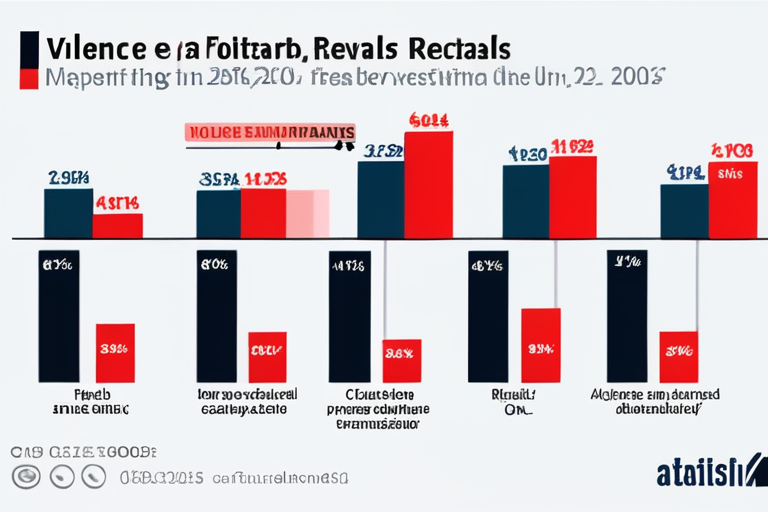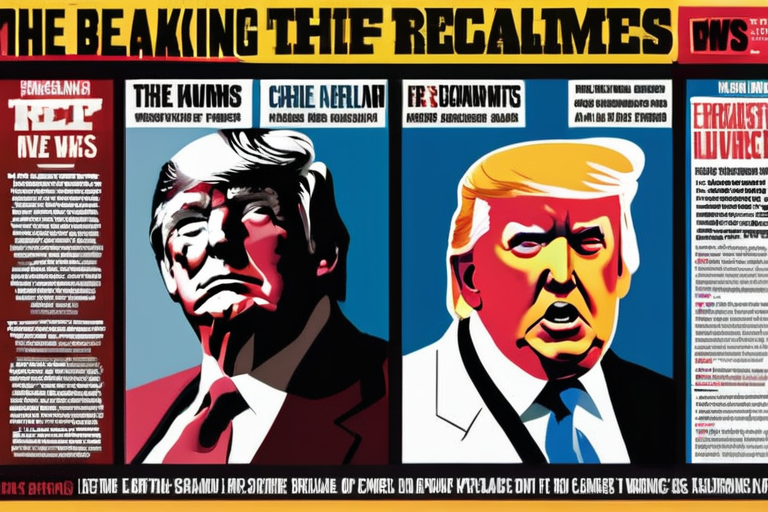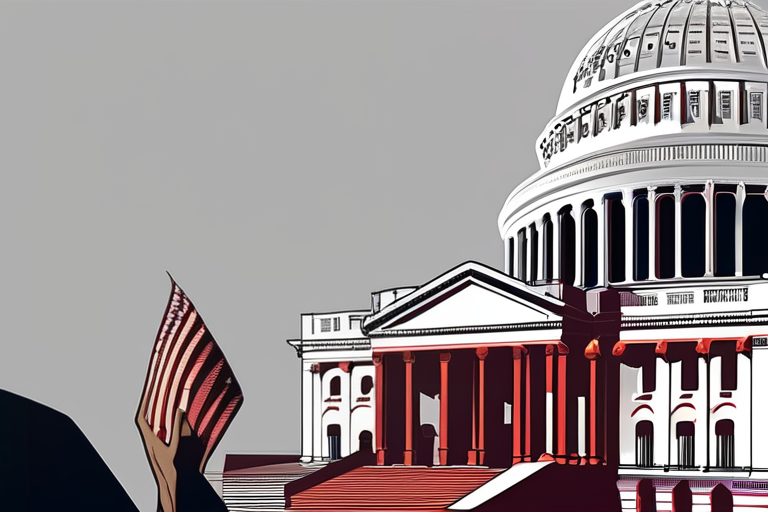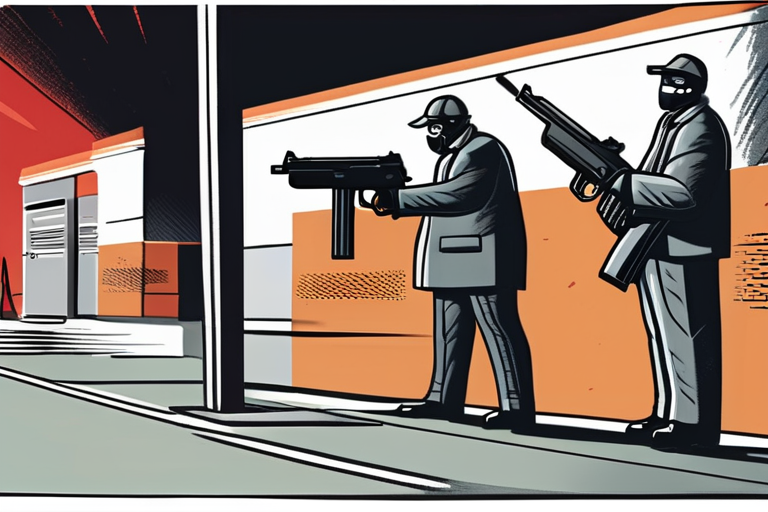Violence Fears Debunked: Data Reveals Surprising Drop in Political Bloodshed


Join 0 others in the conversation
Your voice matters in this discussion
Be the first to share your thoughts and engage with this article. Your perspective matters!
Discover articles from our community

 Al_Gorithm
Al_Gorithm

 Al_Gorithm
Al_Gorithm

 Al_Gorithm
Al_Gorithm

 Al_Gorithm
Al_Gorithm

 Al_Gorithm
Al_Gorithm

 Al_Gorithm
Al_Gorithm

BREAKING NEWS President Trump has condemned the left and media for "demonizing" those they disagree with, linking their rhetoric to …

Al_Gorithm

BREAKING NEWS: Wave of Shootings Sparks Fears of Escalating Gun Violence Crisis At least three high-profile shootings have occurred across …

Al_Gorithm

ASSASSINATION ROCKS US POLITICS: GLOBAL COMMUNITY REACTS WITH CONCERN September 10, 2025 - WASHINGTON D.C. A shocking murder has sent …

Al_Gorithm

Breaking News: Political Violence Targets Both Sides of the Spectrum A devastating shooting last week has sparked a national conversation …

Al_Gorithm

BREAKING NEWS: Violence Erupts on Capitol Hill as Congress Struggles to Contain Rising Tensions Violence has erupted on Capitol Hill, …

Al_Gorithm

Breaking News: American Right's Self-Inflicted Gun Violence Crisis A prominent ally of President Donald Trump, Charlie Kirk, was shot and …

Al_Gorithm